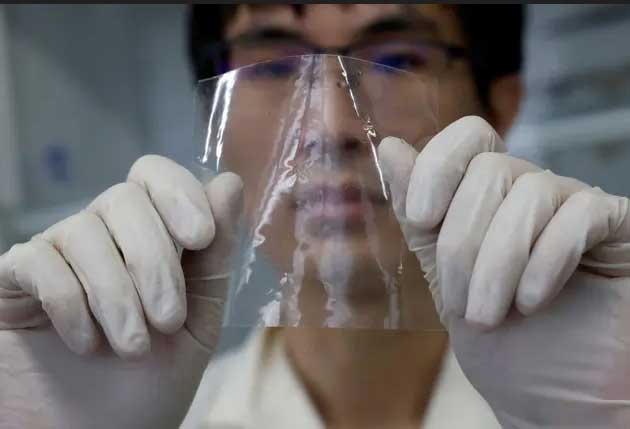Researchers from the RIKEN Center for New Materials and the University of Tokyo have developed a new plastic material. It is as strong as traditional petroleum-based plastics, but breaks down into its original components when exposed to salt. Naturally, occurring bacteria then recycle these components, leaving behind no microplastic or nanoplastic contaminants.
Current biodegradable plastics are not completely recycled in nature. At least not in a relatively short time. The material presented by the Japanese scientists dissolves completely in salt water in just an hour, and in soil, where there are also salts, in about 200 hours, depending on the size of the sample.
It is noted that the material is non-toxic to humans, fireproof and does not emit carbon dioxide. Once coated, it functions like any regular plastic product. The team is currently focused on developing an optimal coating method, which indicates that the material is not yet ready for commercialization.
Plastic waste is the main cause of the growing environmental problems in the world that our planet is facing. The United Nations predicts that plastic pollution will triple over the next 15 years, with 23 to 37 million tons of waste ending up in the world’s oceans each year. Fully biodegradable plastic would at least stop making the problem worse.







